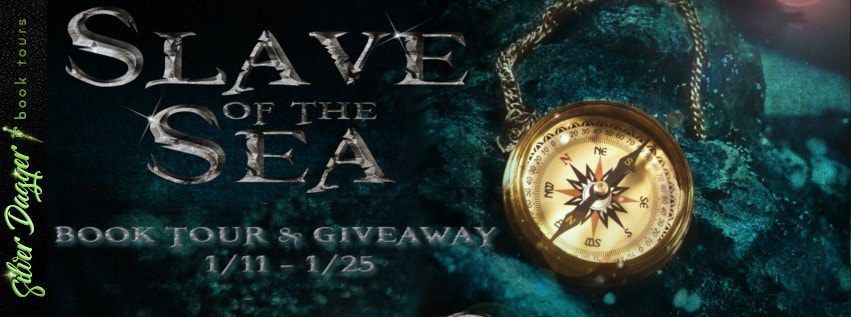Originally posted by Allison D. Reid:
It’s always good to get encouraging news when you’re an indie author, and I found a whole lot of encouragement in this article so I thought I’d pass it on. Not all that long ago there was a huge stigma associated with self-publishing, but not so much any more. Hard work and perseverance does pay off! Special thanks goes to all you readers out there who are helping to change the trends. It wouldn’t be happening without your support.
TRADITIONAL PUBLISHERS’ EBOOK SALES DROP AS INDIE AUTHORS AND AMAZON TAKE OFF – BY FRANK CATALANO (PUBLISHED IN GEEKWIRE)

Ebook sales are dying. Ebooks are insanely popular. If the short definition of cognitive dissonance is holding two contradictory ideas to be true, ebooks are about as dissonant as digital content gets.
Yet ebooks may also represent a chapter in the still-being-written story of how keeping track of what’s happening with content hasn’t always kept pace with the technology that’s transformed it.
Let’s start with the bad news. Two new sets of numbers covering 2017 show ebook sales are on the decline, both in terms of unit and dollar sales.
The first, released in April by market research firm NPD’s PubTrack Digital, saw the unit sales of ebooks fall 10 percent in 2017 compared to 2016. In absolute numbers, that meant the roughly 450 publishers represented saw ebook sales drop from 180 million units to 162 million over a year’s time.
The second, just released by the American Association of Publishers, reported a decline in overall revenue for ebooks, a year-to-year decrease of 4.7 percent in 2017. AAP tracks sales data from more than 1,200 publishers.
This ebook decline occurred in an overall publisher revenue environment that AAP said was essentially flat in 2017. So some other kinds of book formats that AAP watches, like hardback books, went up as ebooks went down. For its part, NPD says when combining print and ebook unit sales, ebooks’ percentage of the total dropped from 21 percent in 2016 to 19 percent in 2017.
It turns out this downward ebook trend isn’t new. It may actually be an improvement, of sorts. “The pace of ebook decline appears to be cooling,” AAP’s Marisa Bluestone said, noting 2017’s drop was, “significantly less than the double-digit declines experienced in 2015 and 2016.”
Among the categories showing a decline in both NPD’s and AAP’s figures were kids’ ebooks. Children’s ebooks had the most dramatic decline in unit sales, and children’s/young adult ebooks have suffered double-digital revenue drops every since year 2015.
And yet, NPD reports, even though it’s also declining, adult fiction remains the most popular ebook category, with 44 percent of all adult fiction sales in digital form.
On the surface it would seem like all of this is going to come as a surprise to boosters who thought ebooks would replace traditional paper book publishing completely.
 But there are three key words to keep in mind: “traditional book publishing.” And that’s the good ebook news. Because the very same technology that allowed traditional publishers to create and sell ebooks also allowed authors to do the same — directly to readers.
But there are three key words to keep in mind: “traditional book publishing.” And that’s the good ebook news. Because the very same technology that allowed traditional publishers to create and sell ebooks also allowed authors to do the same — directly to readers.
NPD and AAP don’t measure those indie sales. Centralized reporting of direct-from-author sales is tougher to come by, but by all anecdotal measures the independent market has taken off, notably in the also-still-large category of adult fiction.


No comments:
Post a Comment